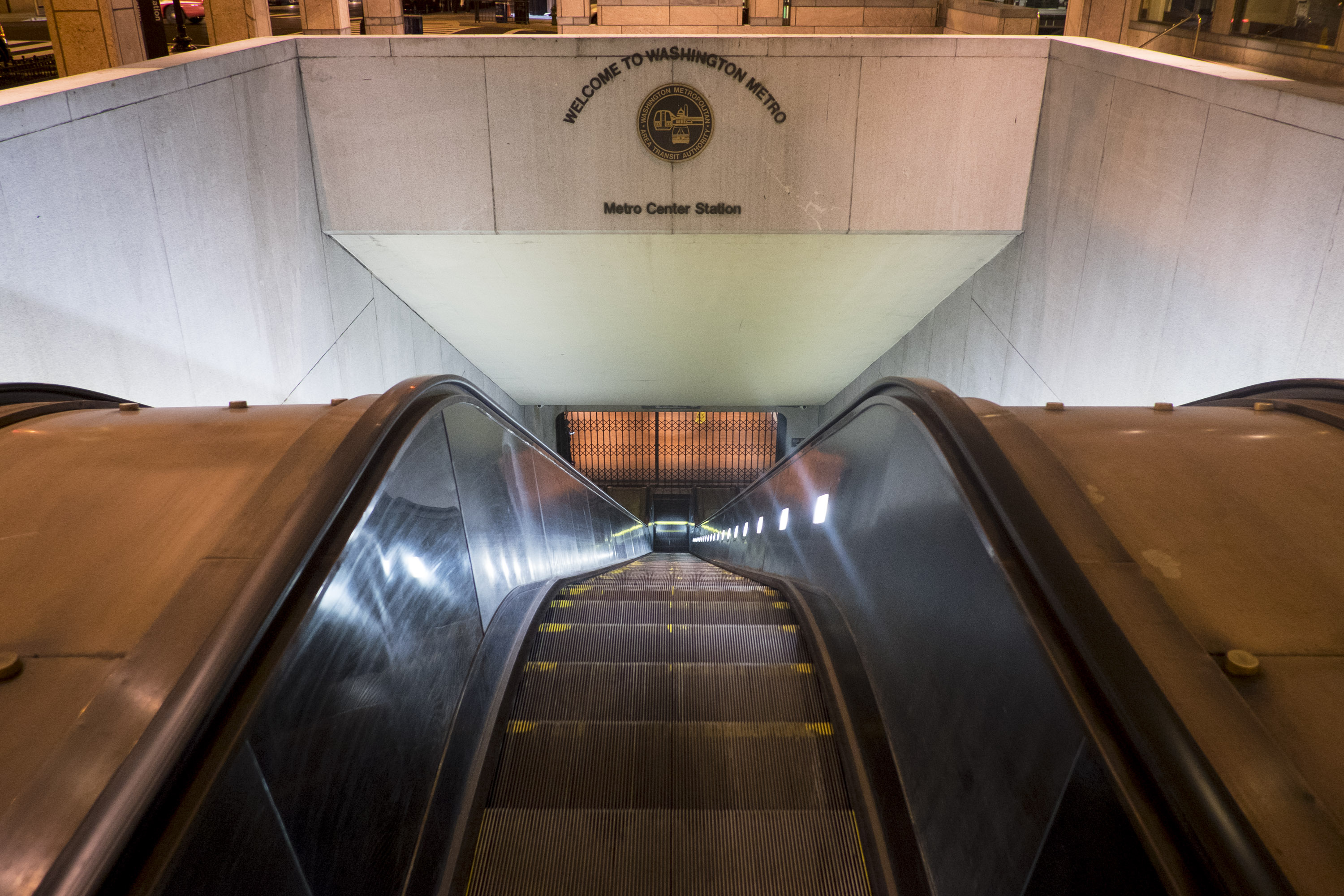
WASHINGTON — Vending machines, florists and more could be coming to Metro station platforms as part of an expanded push to bring in money for the system and offer more services for riders.
Metro’s Finance and Capital Committee unanimously approved use regulation updates on Thursday, setting a final vote later this month on changes that would also give Metro management more authority to execute such deals on its own without board approval — as long as food and drink is only sold outside of paid areas.
Eating and drinking within the Metro system will remain illegal.
“Commercial uses are permitted inside the gates as well, provided that it’s not food and drink,” Metro’s head of real estate, Nina Albert, said.
“We would not want to crowd the platform so that it posed any sort of safety hazard or congestion, particularly on platforms that just have a lot of activity going on, but there are areas within our Metro stations that are vacant, frankly, and could provide service to consumers.”
Board members suggested newsstands, flower shops, dry cleaning pick up or other services could be located inside stations Nonfood vending machines for things like DVDs are also an option, Albert said, and a number of people have approached Metro to ask about what the requirements would be.
Any uses would need to comply with local government regulations in the place the station is located.
But Arlington County Board and Metro Board member Christian Dorsey expressed some concerns that food trucks or other uses may not be fully coordinated with local policies.
In Maryland, Prince George’s and Montgomery counties have made multiple requests for food trucks at stations like New Carrollton, where there are large office buildings nearby but limited lunch options, Albert said.
Ultimately, Metro could always terminate a permit.
“We want to encourage activity around the Metro station,” Albert said. “The opportunity for revenue generation is not supposed to be punitive or a deterrence for community activity (or) civic activity. What we want to do is get a more streamlined process going, so that we can have more of these activities — whether they are commercial or civic — on our property.”
At Grosvenor-Strathmore station, Metro allowed temporary sales of food and other products only in the afternoon in a pop-up event Albert described as successful.
“Some of the feedback that we got from vendors was extremely positive, and it was really more on the branding and marketing side,” Albert said.
A take-home prepared food business did not sell as much as it expected, but still joined other retailers in expressing an interest to do it again when the pop-ups return.
Separate but similar small retailers were set up off Metro property just outside the Wiehle-Reston East station for several years.
“I think that we’re behind the curve on this,” D.C. Metro Board member Corbett Price said.
He believes Metro could make significant money if contracts and permits are properly structured.
“I’m somewhat appalled that we’ve limited the CEO from doing these things, this is kind of nonsensical … having to approve these things,” Price said.
General Manager Paul Wiedefeld said he does not believe this expanded authority for commercial use of stations extends to station naming rights, which Metro has considered selling separately in the past.







